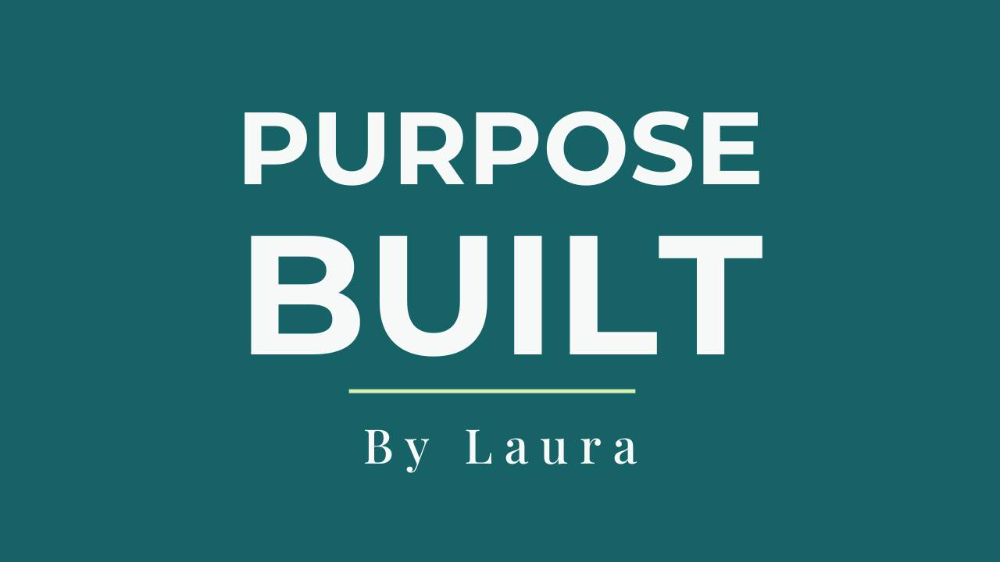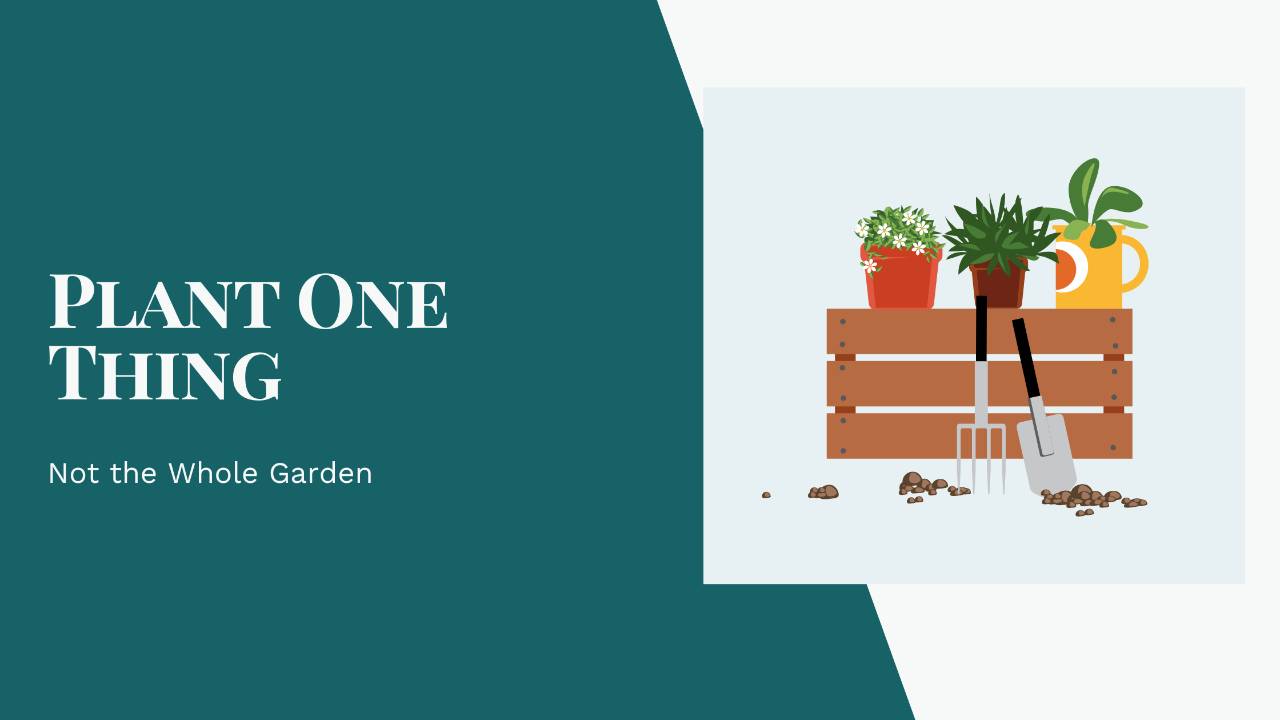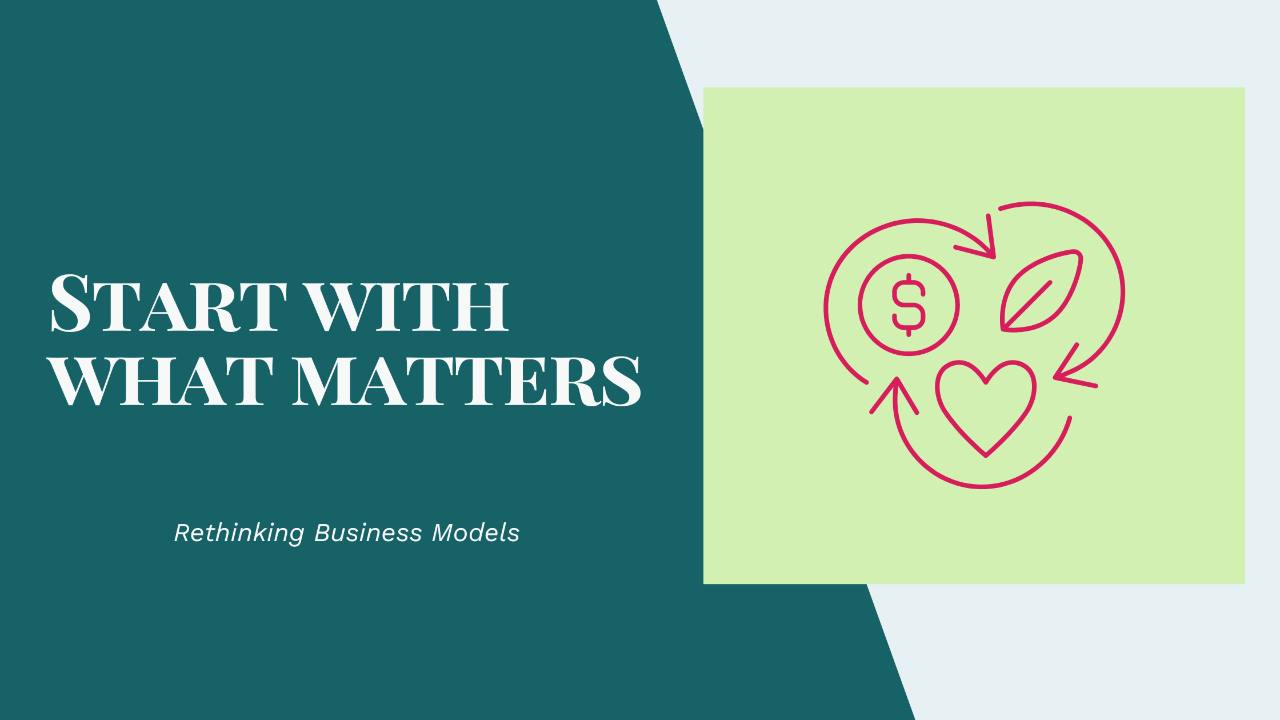Why Entrepreneurs Can’t Afford to Skip Rest
I’m currently in Vermont, visiting one of my dearest, oldest friends. The kind of friend that fills you up—where you always pick up right where you left off, no matter how long it’s been since you’ve seen each other. The kind of friend that all you want to do is be part of their daily life and pretend for a few days that you do actually live in the same town. (There are certain parts of living far away that never get easier.)
I’ve been counting down the days to this trip. While I’m always excited to visit, this year feels different. The eagerness I’ve felt has made me pause and reflect on why. And yes, this is relevant to entrepreneurship, I promise...
I’ve realized that this trip represents the primary time I allow myself to truly rest. A break, all by myself, without kids or plans. It’s the reason this trip has become an annual tradition—taking time for myself is something I only allow when I really, really need it. Going away for a weekend by myself? That feels too indulgent. Even though my husband is practically pushing me out the door, it feels more justifiable when it’s tied to visiting an old friend.
But why do I need something this “big” to make rest feel justified? Why can’t I take breaks regularly? I know that time away makes me a better entrepreneur, partner, and parent. So, why is it still so hard to take consistent breaks?
This is the question I want us to think about: how do we, as solo entrepreneurs, build systems into our businesses that allow us to work hard when we need to, but also acknowledge that rest is just as essential to our success as the work itself? Why do we wait until we are at the edge of burnout? Rest doesn’t need to be a big trip—I know that I am privileged to have the financial and human resources to do this. But rest and time away do need to be recognized as a requirement, not a luxury.
Taking a hobby, joining a class, reading a book—these are forms of rest. They add to your business, not take time away.
Taking a break is hard, especially when:
-
You have a busy home life, and it feels like an imposition on others to get away—kids, caretaking elders, pets, etc. Or maybe you just can’t fathom how you would make time away happen when all you want to do is sleep.
-
You fear leaving your business for even a short time, especially when you’re a solo-preneur deep in the building of something new.
-
You’re neurospicy, and the pull of hyper-focus when tackling something urgent or challenging is magnetic, making it hard to step away.
-
It feels indulgent. Entrepreneurial culture often celebrates the hustle and grind, making taking a break feel like a sign of weakness or failure. Even those of us in Europe feel parts of this culture. The 40-hour workweek hasn’t been updated since 1926, and at that time, it was assumed women would be at home. (Did we all collectively cry and laugh at this headline?)
But the truth is: rest is critical for long-term productivity and well-being. Taking breaks is not just a nice-to-have; it’s a must. The data backs this up. Bill Gates famously took two “Think Weeks” a year—time spent alone, focusing on big-picture thinking, away from the day-to-day grind. These periods of deep rest helped him recharge and brought clarity to his long-term vision.
Just like professional athletes, entrepreneurs need time to recover. We wouldn't expect an athlete to train at their hardest year-round, and we can't always be "on." Rest is what helps us perform at our best. It’s when we step back that we gain the fresh perspective needed to push forward with clarity and renewed energy.
So, here’s my challenge to you: start systematizing your rest. Think of it like a training plan for your business and brain. How can you create regular, smaller breaks to recharge so that your big "rest moments" don’t become a rarity—or a necessity Whether it’s taking a weekend off or simply blocking out time for reflection, rest is a key part of the process. What small step can you take to start getting used to time away from your business?
It’s time to stop treating rest as a privilege. It’s part of the equation for building a successful, sustainable business.
Tell me, how are you going to start doing it? or how do you do it now? (just asking for a friend 😉)





Responses